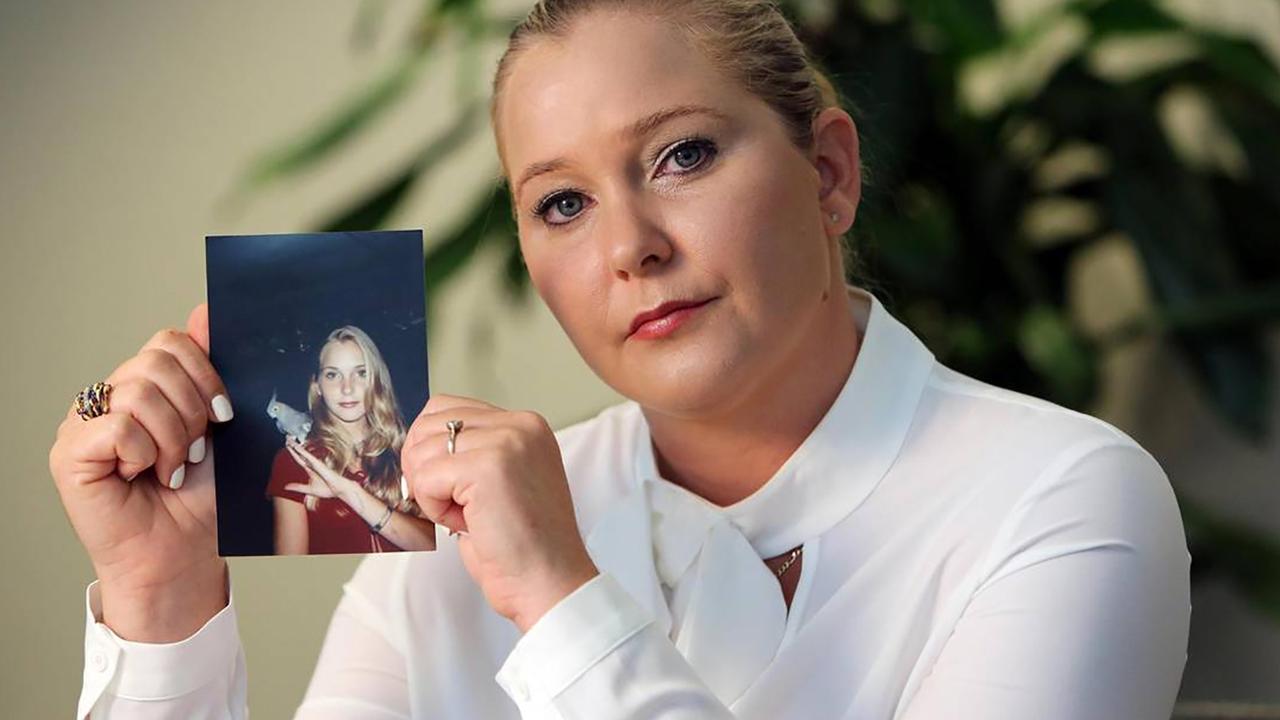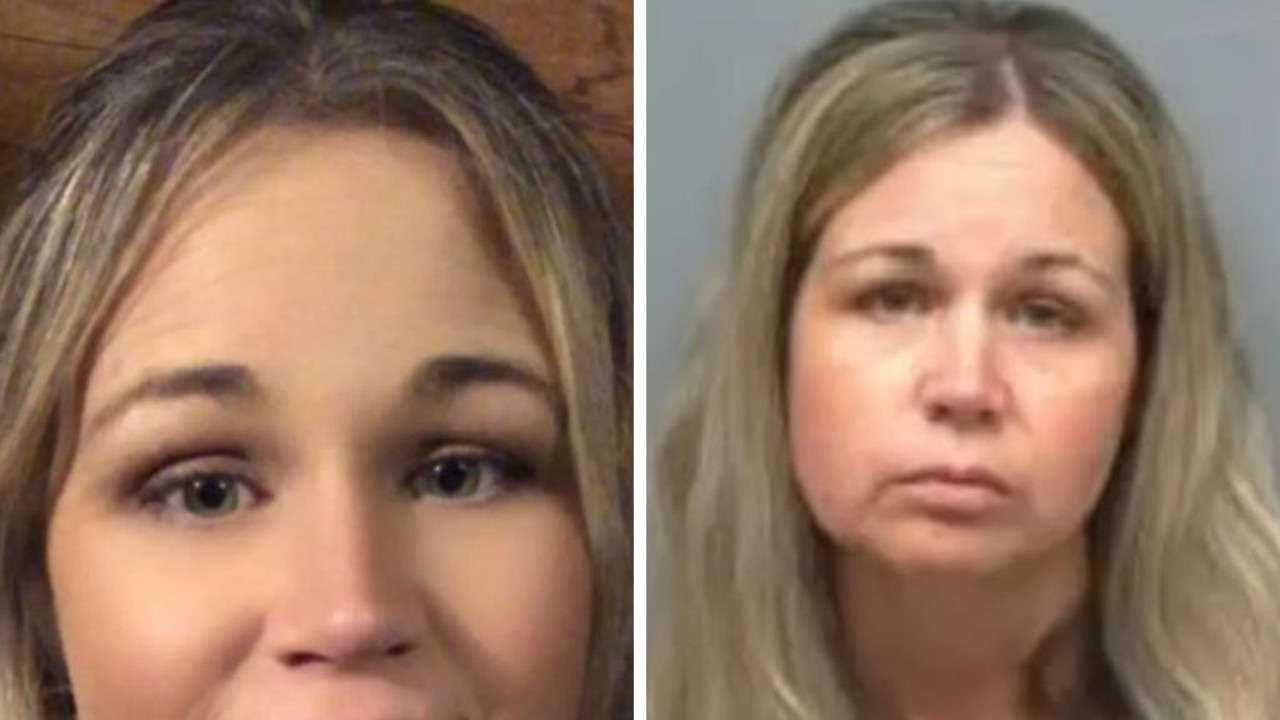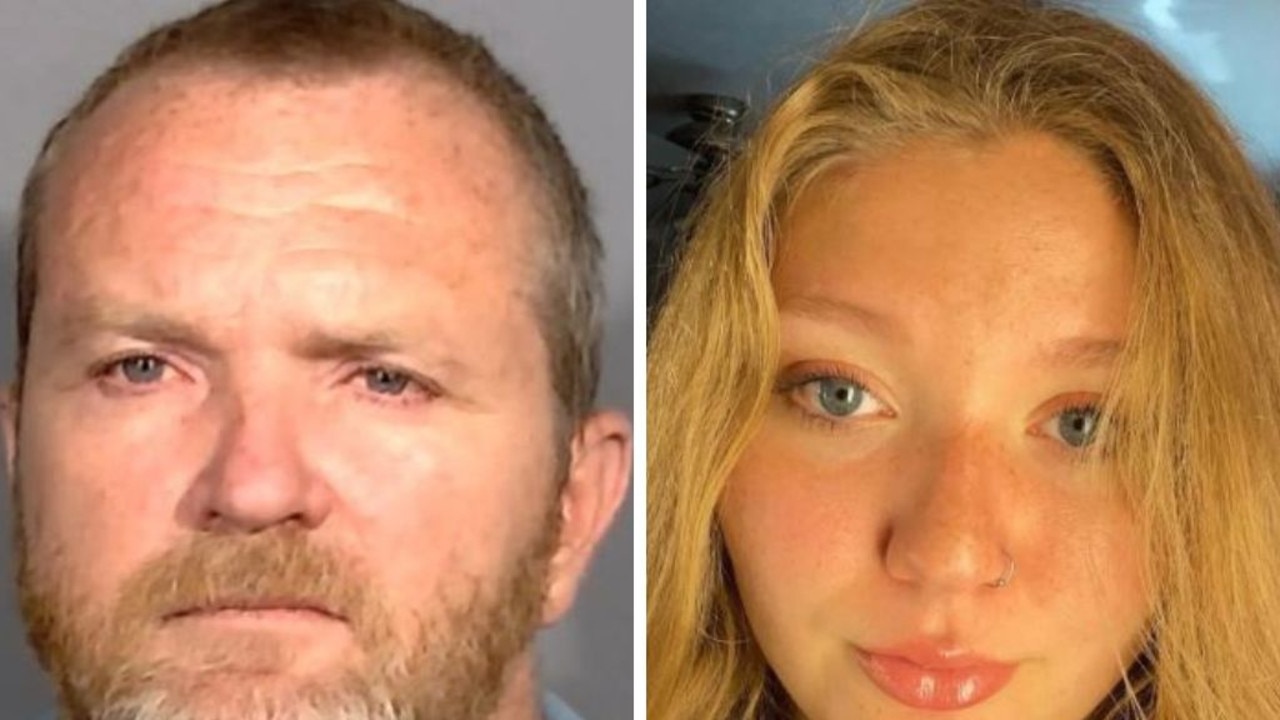Rosie Batty reflects on the 10-year anniversary of her son, Luke’s, tragic death
It has been 10 years since Australia witnessed a crime so shocking and unspeakable that it changed everything.
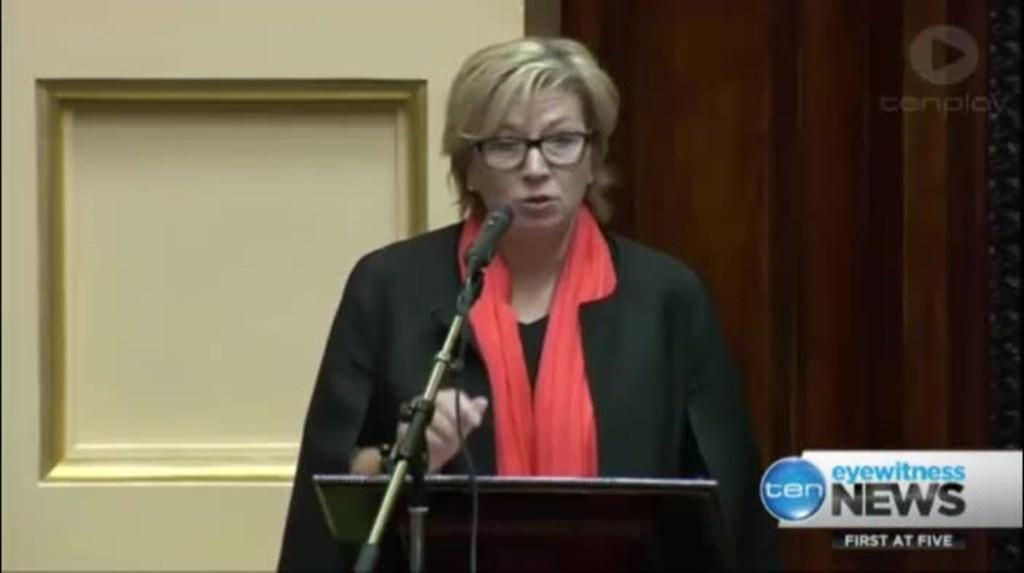
A decade has passed since Rosie Batty lost her only child in unspeakable circumstances.
Her son, Luke, was bludgeoned and stabbed to death by his father, Batty’s ex-husband Greg Anderson, as the 11-year-old attended cricket practice in Tyabb, Victoria on February 12, 2014.
Anderson later died in hospital from a combination of police gunshots and self-inflicted stab wounds.
“On one level, you can’t believe ten years have passed,” the former Australian of the Year told Stellar’s podcast, Something To Talk About, in a new interview out today.
“On another level, you can’t believe it ever happened and that you actually were a mum with a wonderful young boy you adored and who was the centre of your world. So you know you’re going to sit heavily with feelings.
“This ten years was very significant and I feel it will be next year as well, because Luke was only 11 when he died, and next year I would have lost him for as long as I ever had him. That’s what I wrestle with.”
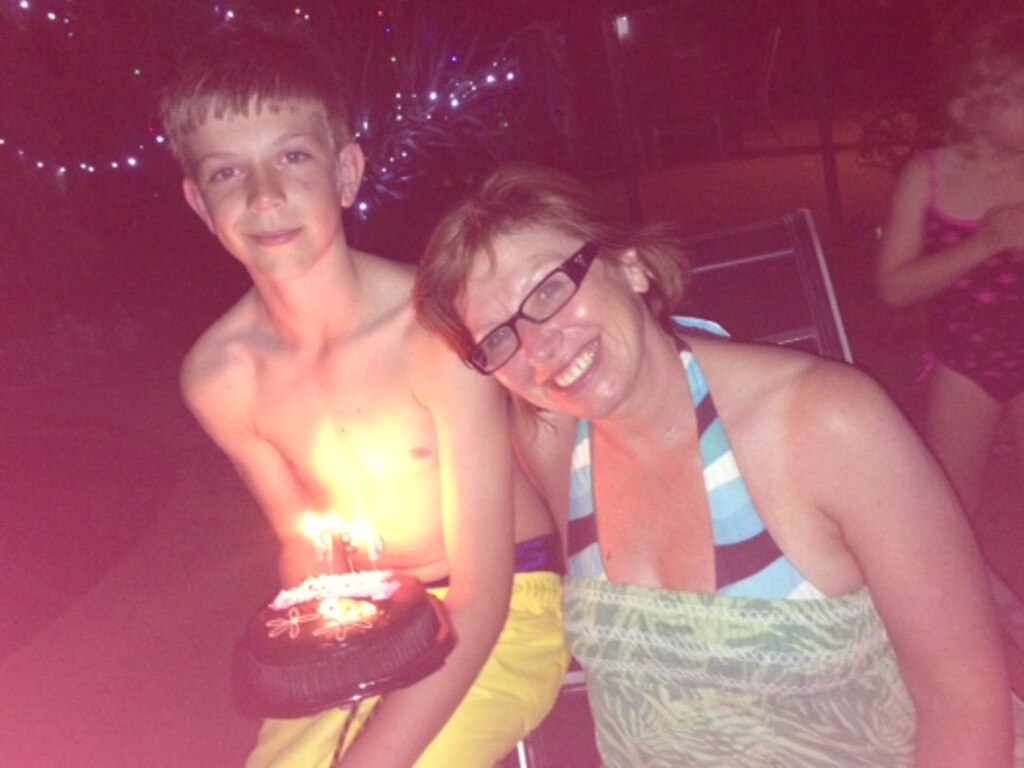
Milestones like Luke’s birthday and the anniversary of his death, Ms Batty told host Sarrah Le Marquand, “are most significant to me now”.
“Then sometimes (it’s) when you’re not expecting it, like catching up with one of his friends who are now 21 and 22 years old, young men pushing their limits – one is now a father, some are completing their university education and travelling to Europe – and you’re always holding those thoughts of, ‘wow, look at you. But I should be looking at Luke with you’,” she said.
Ms Batty explained that she should be experiencing the normal worries of being a mum, knowing that mothers never stopping worrying about their kids, no matter how old they are.
“Those are the quiet reflections I don’t share but sit with, looking and knowing that I will never get that type of satisfaction or joy in my life, will never be a grandparent, things like that. It’s saddening, and it hurts,” she said.
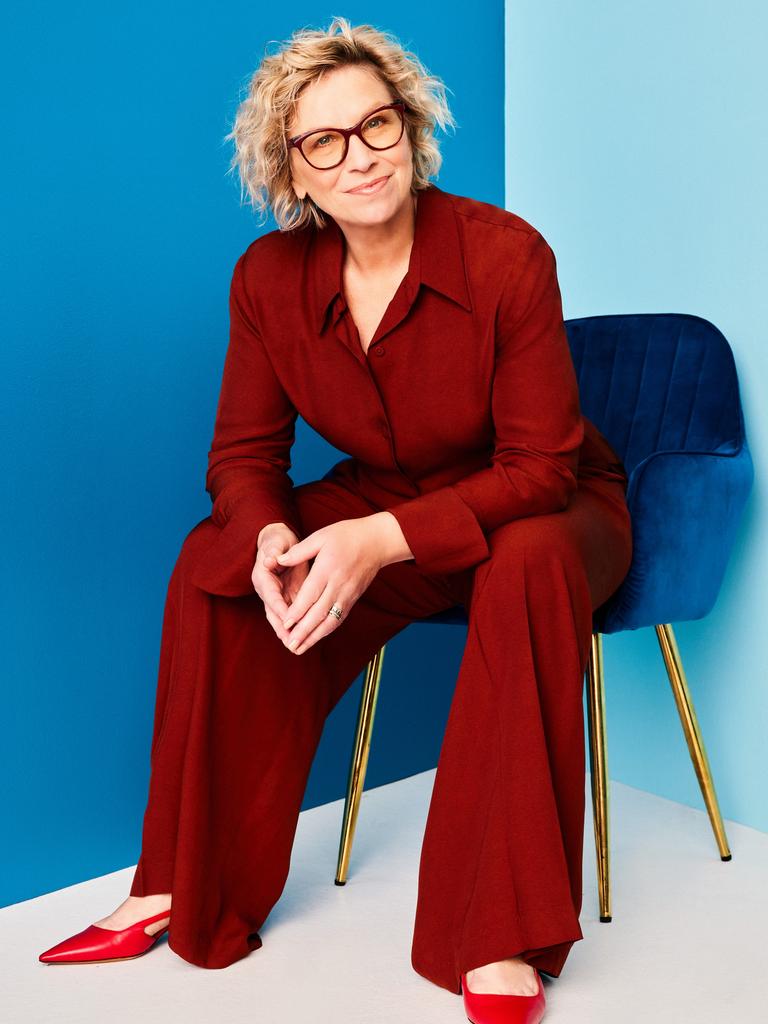
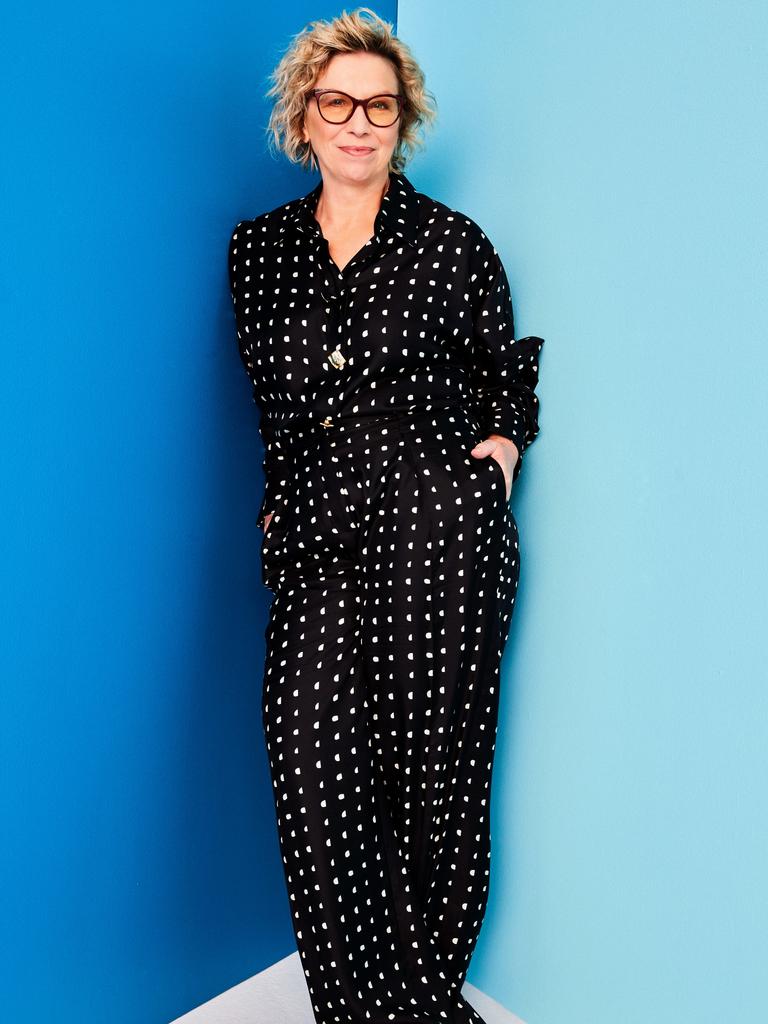
The morning after the violent tragedy in 2014, Ms Batty bravely fronted the media, telling reporters that “if anything comes out of this, I want it to be a lesson to everybody” about domestic and family violence.
More than a decade later, as Australians stare down the barrel of another year in which we will likely surpass the annual average of one woman per week allegedly dying at the hands of a current or former male partner, it can be hard to tell whether that lesson ever really cut through.
Ms Batty has worked tirelessly since Luke’s death to, among other things, “shift the victim-blaming narrative towards accountability on the perpetrator (who is) choosing violence”.
She stepped down from the foundation she’d established in her son’s name in 2018, saying “there is only so much one person is able to do”.
“We all play a part in stopping violence towards women and children, and we’re still struggling to comprehend the link between that and gender inequality,” she told Le Marquand.
“We all look (and tell ourselves), ‘Other people behave in that way, that doesn’t happen to people like me; what I’m doing or what I’m experiencing isn’t really violence’.”
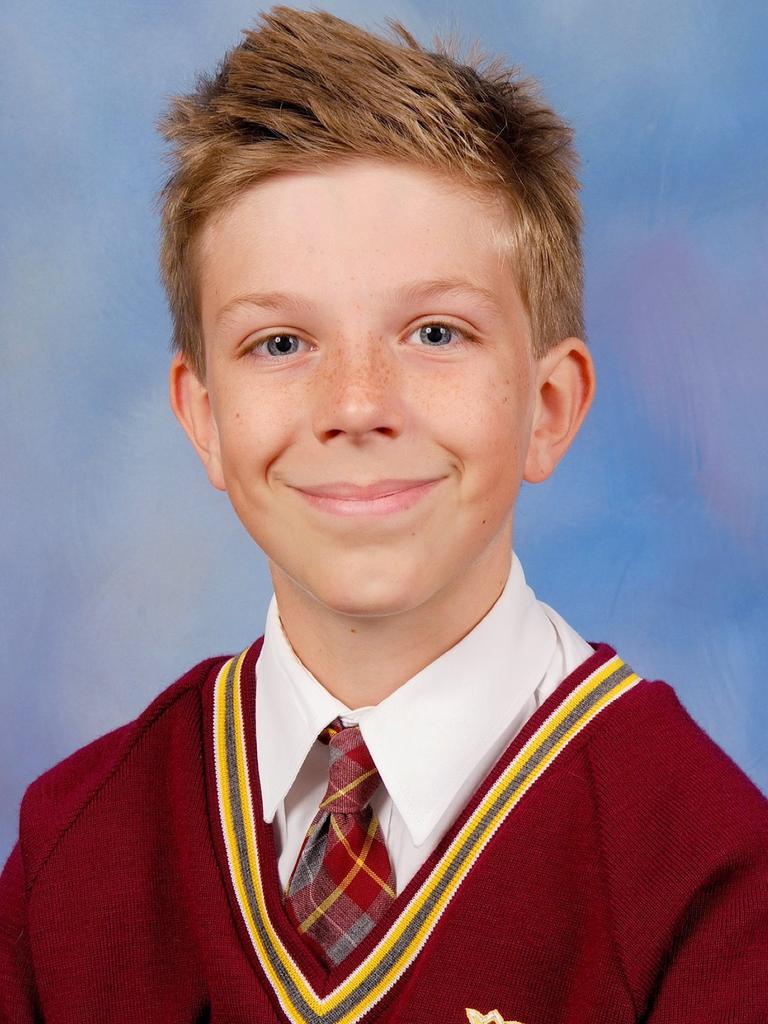
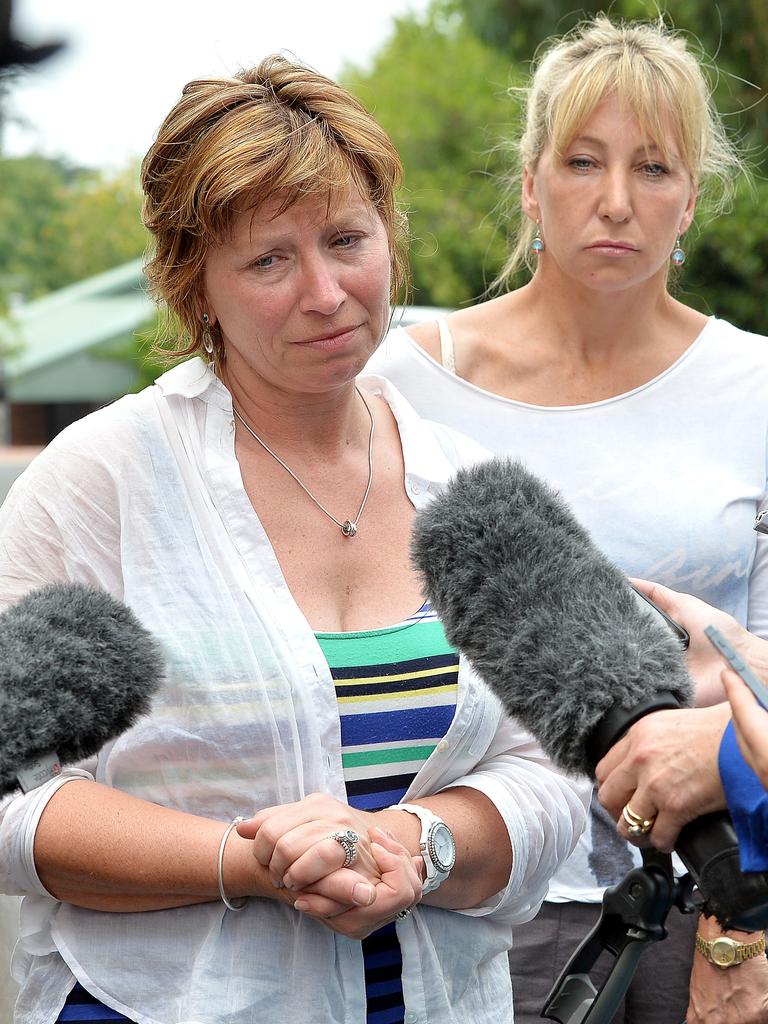
What it will take to end what has long been referred to as a “national crisis”, Ms Batty said, is “generational change”.
“If we’re not looking (at), ‘How do we prevent it? How do we stop it before it starts?’ we’ll always be at the top of the cliff,” she said.
“We’ll always be sorry at the bottom of the cliff, responding to people in crisis who are already suffering in varying ways. We still need to look at our systemic responses.
“This change is taking so much longer than any of us ever wanted.”
Ms Batty, whose new memoir, Hope, lands on shelves on April 3, said working on the project had brought her “a lot of satisfaction, a lot of actual joy”.
“There are a lot of people who I don’t always realise how loyal, how impact they were and have been on my journey since losing Luke,” she added.
“I’m part of a tribe of not just women, but people who are passionately spending their lives and their working moments trying to make the world a better place.”
Even after what will forever be the worst day of her life, she’s “had the most amazing ten years”.
More Coverage
“I’ve travelled extensively. I’ve met extraordinary people. I’ve been to some beautiful places,” Ms Batty said.
“I’ve had so much to be thankful for, and it’s always been a bit bittersweet, because it’s all because of that day I spoke out after Luke died.”
Read the full interview with Rosie Batty inside The Sunday Telegraph (NSW), Sunday Herald Sun (VIC), The Sunday Mail (QLD) and Sunday Mail (SA)




